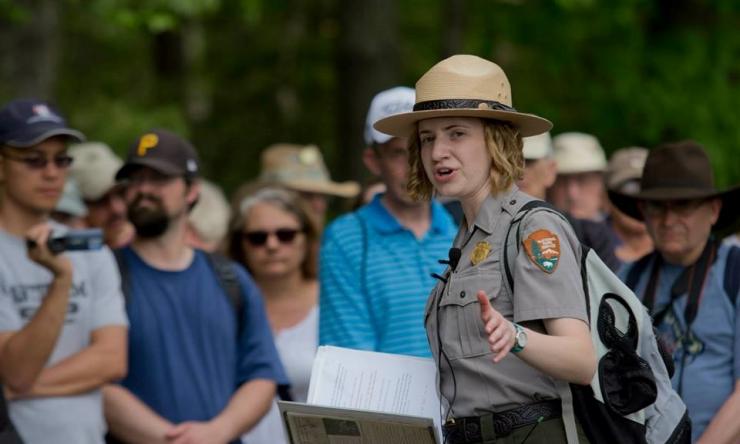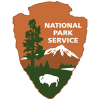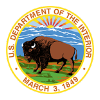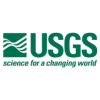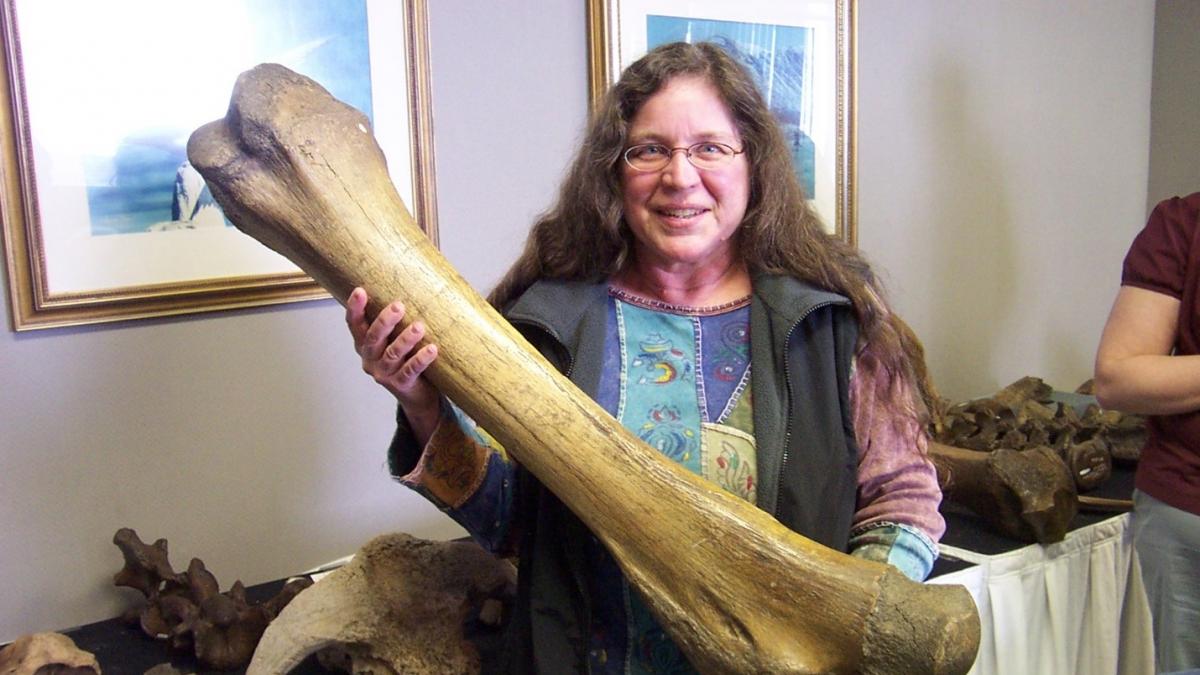
Museum Specialist and Technician
Position Overview
DOI manages one of the world's largest museum collections for the American people. Museum Specialists and Technicians perform technical and specialized work necessary to care for more than 73 million cultural artifacts and natural history specimens, and an additional 86 thousand linear feet of archives (more than 211 million objects) so they can be seen, researched, and appreciated by current and future generations.
This position is represented at the following bureaus
Candidate Description
The ideal candidate is adaptable, attentive to detail, and can analyze, plan and manage procedures and operations effectively. This person is a logical decision maker who can effectively solve problems.
Work Environment
Most work is indoors often split between an office setting, exhibit spaces, and storage areas which are often low light and potentially dusty environments. Ability to lift up to 50 lbs, bend, and climb ladders. Some positions may involve outdoor field work or caring for objects exhibited outside.
Minimum Education Requirements
Please see the Individual Occupation Requirements on the OPM website.
Career Level Requirements
Responsibilities by Level
Entry:
- Performing simple, repetitive tasks to care for museum collections or facilities, including unpacking, packing and moving objects, and sorting and cleaning routines.
- Preparing simple preservation solutions, fumigants, etc.
- Periodically inspecting object storage containers to insure that proper strength and level is maintained.
- Marking objects and replace labels.
- Routinely inspecting laboratory, workshop and display areas and performs basic custodial chores.
Mid:
- Cleaning and rehousing less fragile objects
- Assisting with the accessioning, labeling, recording, storing and packing of collection material
- Providing routine information in response to inquiries on museum collections
- Performing data entry and records updates for objects
Journey:
- Photographing objects and entering data into collection databases
- Identifying causes of deterioration and working with curators on appropriate preservation strategies
- Preparing technical reports on condition of objects in a collection
- Cleaning, preparing and transporting fragile items
- Cataloging, inventorying and maintaining records on museum objects
Senior:
- Researching and promoting collections
- Accounting for, preserving and protecting museum collections
- Developing and implementing museum procedures for care, access, use and documentation of collections
- Facilitate access to collection for research, exhibit and education
- Overseeing annual inventories
- Preparing, updating and revising catalog and accession records for objects
- Preparing loan documentation and coordinating logistics for shipping and storage
- Working with exhibit designers, scholars, curators planner and contractors in the development of exhibits.
- Administering the collections management database
- Interacting with stakeholders and the public regarding the care and management of collections.
- Advocating for the collections within the overall management and operation of the site or facility.
Strengths by Level
-
AccountabilityHolds self and others accountable for measurable high-quality, timely, and cost-effective results. Determines objectives, sets priorities, and delegates work. Accepts responsibility for mistakes. Complies with established control systems and rules.Show Tool TipEntry 3-4Mid 5-7Journey 8-10Senior 11-12
-
Attention to DetailIs thorough when performing work and conscientious about attending to detail.Show Tool TipEntry 3-4Mid 5-7Journey 8-10Senior 11-12
-
Creative ThinkingUses imagination to develop new insights into situations and applies innovative solutions to problems; designs new methods where established methods and procedures are inapplicable or are unavailable.Show Tool TipEntry 3-4Mid 5-7Journey 8-10Senior 11-12
-
Customer ServiceWorks with clients and customers (that is, any individuals who use or receive the services or products that your work unit produces, including the general public, individuals who work in the agency, other agencies, or organizations outside the Government) to assess their needs, provide information or assistance, resolve their problems, or satisfy their expectations; knows about available products and services; is committed to providing quality products and services.Show Tool TipEntry 3-4Mid 5-7Journey 8-10Senior 11-12
-
Decision MakingMakes sound, well-informed, and objective decisions; perceives the impact and implications of decisions; commits to action, even in uncertain situations, to accomplish organizational goals; causes change.Show Tool TipEntry 3-4Mid 5-7Journey 8-10Senior 11-12
-
FlexibilityIs open to change and new information; adapts behavior or work methods in response to new information, changing conditions, or unexpected obstacles; effectively deals with ambiguity.Show Tool TipEntry 3-4Mid 5-7Journey 8-10Senior 11-12
-
Information ManagementIdentifies a need for and knows where or how to gather information; organizes and maintains information or information management systems.Show Tool TipEntry 3-4Mid 5-7Journey 8-10Senior 11-12
-
Interpersonal SkillsTreats others with courtesy, sensitivity, and respect. Considers and responds appropriately to the needs and feelings of different people in different situations.Show Tool TipEntry 3-4Mid 5-7Journey 8-10Senior 11-12
-
Oral CommunicationExpresses information (for example, ideas or facts) to individuals or groups effectively, taking into account the audience and nature of the information (for example, technical, sensitive, controversial); makes clear and convincing oral presentations; listens to others, attends to nonverbal cues, and responds appropriately.Show Tool TipEntry 3-4Mid 5-7Journey 8-10Senior 11-12
-
PartneringDevelops networks and builds alliances; collaborates across boundaries to build strategic relationships and achieve common goals.Show Tool TipEntry 3-4Mid 5-7Journey 8-10Senior 11-12
-
Planning and EvaluatingOrganizes work, sets priorities, and determines resource requirements; determines short- or long-term goals and strategies to achieve them; coordinates with other organizations or parts of the organization to accomplish goals; monitors progress and evaluates outcomes.Show Tool TipEntry 3-4Mid 5-7Journey 8-10Senior 11-12
-
Problem SolvingIdentifies problems; determines accuracy and relevance of information; uses sound judgment to generate and evaluate alternatives, and to make recommendations.Show Tool TipEntry 3-4Mid 5-7Journey 8-10Senior 11-12
-
ReasoningIdentifies rules, principles, or relationships that explain facts, data, or other information; analyzes information and makes correct inferences or draws accurate conclusions.Show Tool TipEntry 3-4Mid 5-7Journey 8-10Senior 11-12
-
TeamworkEncourages and facilitates cooperation, pride, trust, and group identity; fosters commitment and team spirit; works with others to achieve goals.Show Tool TipEntry 3-4Mid 5-7Journey 8-10Senior 11-12
-
Technical CompetenceUses knowledge that is acquired through formal training or extensive on-the-job experience to perform one's job; works with, understands, and evaluates technical information related to the job; advises others on technical issues.Show Tool TipEntry 3-4Mid 5-7Journey 8-10Senior 11-12
-
WritingRecognizes or uses correct English grammar, punctuation, and spelling; communicates information (for example, facts, ideas, or messages) in a succinct and organized manner; produces written information, which may include technical material, that is appropriate for the intended audience.Show Tool TipEntry 3-4Mid 5-7Journey 8-10Senior 11-12
Common Pathways
Candidates who made this career change most commonly held these occupations...
Archaeology
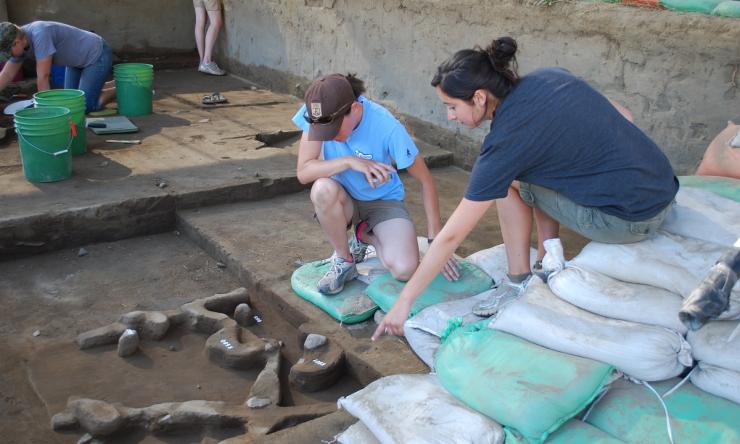
Equipment,facilities And Services Asst
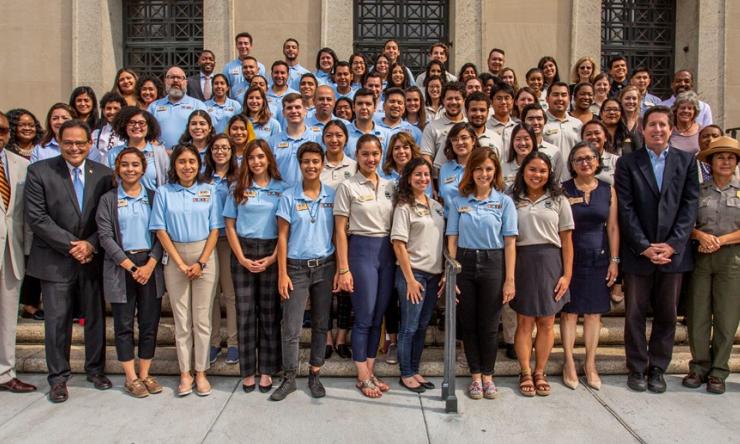
Guide
